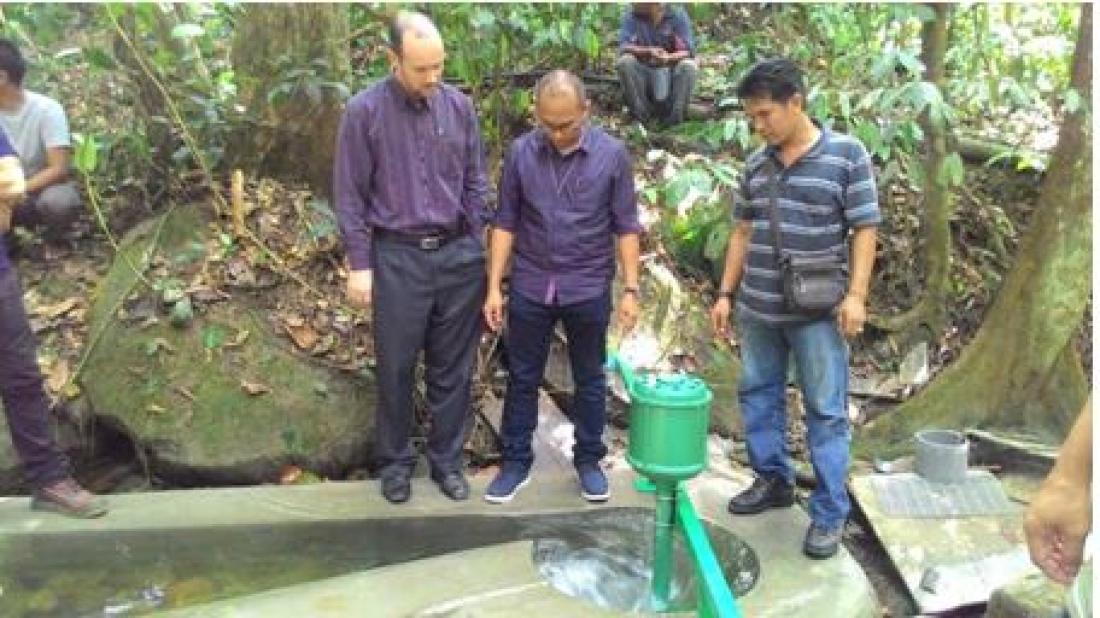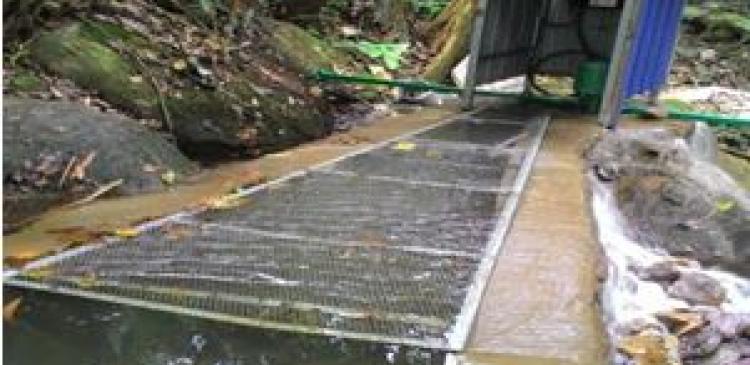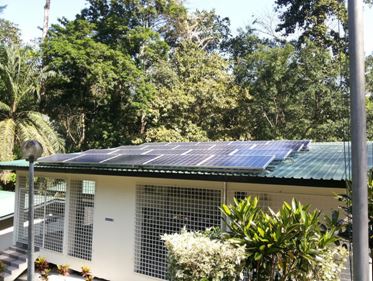Micro hydro in action with Prof. Saad Mekhilef from PEARL and Prof. Faisal Rafiq Mahamd Adikan from JPPHB checking the functionality of the system.
According to the United Nations’ report, 1.6 billion people live in extreme poverty. Another 2.4 billion people are relying on traditional biomass for cooking and heating purposes. Furthermore, nearly a quarter of the world’s population does not have access to electricity.
Access to modern, safe and affordable energy and energy services is one of the attributes with great potential to reduce poverty. In addition, energy is one of the factors that can have an effect on majority (if not all) of the Millennium Development Goals (MDGs). However this access still remains low.
Governments from developing countries, development community and business experts alike are increasingly moving into renewable energy sector. Although some renewable energy interventions have been able to support the local livelihoods, many have failed to reach sustainable results. Malaysia is currently experiencing many changes especially in its energy sector. The country possesses a huge solar and hydropower potential of which only a small fraction is developed thus far. The government of Malaysia is strongly committed to provide electricity for 99 percent of its citizens by year 2020.
Worldwide experiences from large scale hydropower developments have shown possible adverse impacts to the environment as well as the people. The Ulu Gombak PV + micro hydro project provides an alternative in electrifying the rural areas of Malaysia. This project can also have an effect in reducing poverty through its support to the livelihoods of local people.
The Ulu Gombak micro hydro of 3kw with a 2 kWp PV system combination have been developed by researchers from the Power Electronics and Renewable Energy Research Laboratory (PEARL), Department of Electrical Engineering, University of Malaya in collaboration with JPPHB of University of Malaya, the micro hydro provides electricity for lab facilities (biology science Lab) as well as the Orang Asli community around the area.
Contact Information
Prof. Dr. Saad Mekhilef
Power Electronics and Renewable Energy Research Laboratory (PEARL)
Department of Electrical Engineering
University of Malaya
50603 KUALA LUMPUR
MALAYSIA
Tel: +603 7967 6851
Fax: +603 7967 5316
E-mail: [email protected] Or [email protected]





